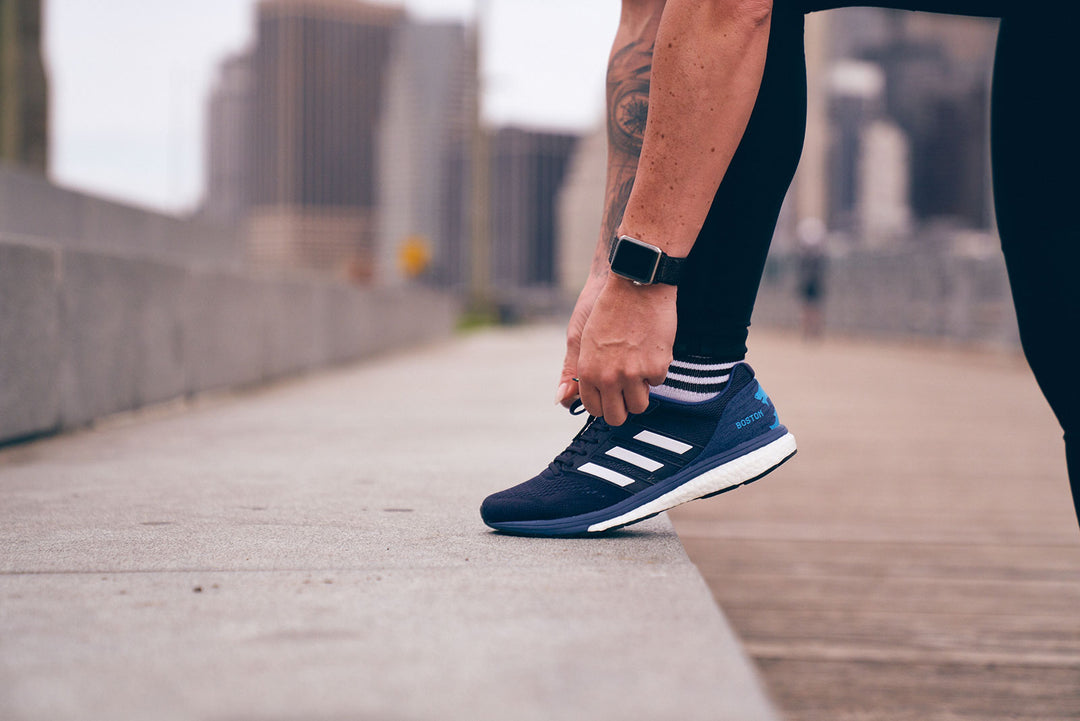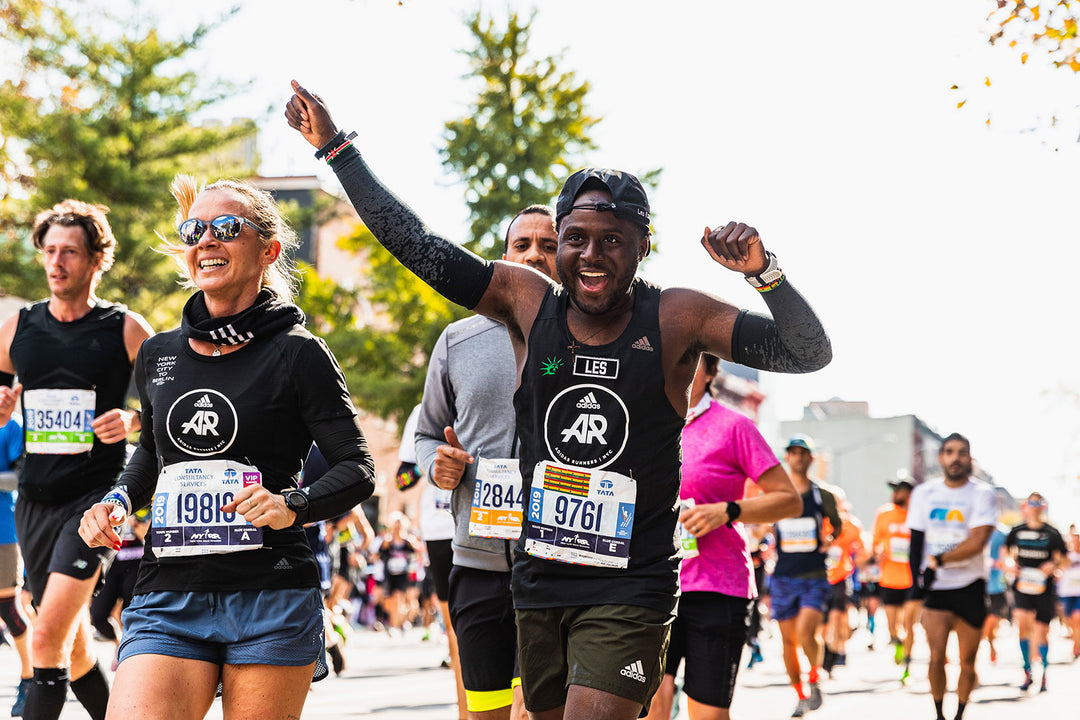Is Running Good for Weight Loss?
Last Updated:Perhaps winter has left you with a few more pounds than you are comfortable with--darn those amazing Pinterest recipes! Or maybe losing weight has been a goal for some time. Either way, when you want to shed some weight, running is one of the best ways to do it. In fact, running for weight loss has helped many people achieve their weight goals.
Is Running Good for Weight Loss?
There are many ways that people can lose weight. Paying attention to what you eat, utilizing weight training, and sleeping enough all play a factor in weight loss. But even if you are eating healthy and drinking your water, it might be difficult to get those pounds off. To take off weight, you need to create a calorie deficit. A calorie deficit, meaning you burn more calories than you consume, is the formula for losing pounds. To lose a pound in a week, you need to create a 3,500-calorie deficit or 500 calories per day. Creating a running program for weight loss can burn those 500 calories per day. So even if your eating habits remain unchanged, you can burn enough from running alone to lose weight. Change a couple of items in your diet, and you can create an even bigger deficit. Or, run on the days when you know you are going to splurge (hello, summer BBQ) so that you maintain the deficit. Here is my guide to running for beginners to get you started.No Excuses
Running is one of the best activities for weight loss because it can be done anywhere. You don’t need weights or equipment and it can be done year-round. Just throw on your running sneakers and off you go. Don’t feel like exercising in the morning? You can go for a run later in the day. Whereas if you take a class at the gym, or go for a swim, you need to schedule those activities. On vacation? All you need is your sneakers.Create a Running Schedule
A running schedule will keep you on track for your weight loss goals, and it is simple to do. At the start of every week, decide which days you are going to run and for how long. More experienced runners might also want to decide on a pace or at least designate an intense, moderate, or recovery run. Making a plan at the beginning of the week will keep you committed to running. Build in your rest days for the middle and end of the week so that way you will have a buffer if you are unable to do it on one of the days you had scheduled. You can also choose to do other non-impact activities on your rest days to keep your body moving and burn calories.Is it Better to Run in the Morning?
Waking up early might not be your thing but working out in the morning can be a great time to work out. Brogan Graham, the co-founder of the free morning exercise movement, the November Project, claims no one is a morning person, but states, “A lot of it is an experience. The a.m. is such an alien time. By the time the sun comes up you feel like you stole something from the city.” Despite it being tough to do for many, researchers are finding that there are benefits for both the mind and body with morning workouts. Some studies have indicated that working out in the morning on an empty stomach can help to burn fat faster. Others have found that those people that work out in the morning lose more weight than those that work out at night. At the very least, your metabolism is revved up for the rest of the day. Perhaps the biggest benefit to an a.m. workout, however, is the sense of accomplishment. There is nothing that prevents you from getting the run done later in the day and it can be a great mood booster to ‘get it over and done. For some runners, it is easier to stick to it because of the consistency. There are fewer obstacles to getting the run completed in the morning and it creates a running schedule for weight loss.Running for Weight Loss App
Running for weight loss for beginners can be difficult. If you aren’t sure where to begin, there are a plethora of running apps to get you going. One app for running and weight loss that comes highly recommended is Couch to 5K, which has helped many get started on their running journey. It allows the user to log each run’s performance and record stats such as speed, distance, and calories burned. The Adidas Running app is another app that even has an interval training feature and a voice coach.Interval Running for Weight Loss
Interval running is another way to run for weight loss. Many runners like this type of workout because it really ups the intensity of the run and is effective. This workout features bursts of sprints counteracted with segments of jogging or walking. For example, 100-meter sprints followed by a 10-minute jog for 5 sets. The periods of high-intensity running increase the stimulus in your muscles. So, you get a more intense run in the same amount of time as a moderate run. Adding interval training to your running plan will help burn more calories in the same amount of time. Plus, your metabolism stays higher as your body burns calories after the run. Here’s how to do it: If you normally run at 5 miles an hour, try to increase your speed for a few segments. Once you have warmed up, try running faster for about 15 seconds at almost full speed. Follow it with a walking recovery of 45 seconds. Try working up to 15 intervals. Once you have the hang of it, you can do longer sprint periods followed by periods of moderate running. If you do not want to have to be encumbered with timing yourself, try landmark running instead. Pick an object in the distance and run almost as fast as you can towards it. For example, sprint to the next telephone pole or mailbox. Running is one of the best ways to lose weight because it is convenient and can be done anywhere, anytime. Coupled with healthy meals, it can help you quickly shed those unwanted pounds and inches.What is the best supplement for losing weight?
I'm not a fan of weight loss pills. Many weight loss pills may contain one or more active ingredients intended to increase fat burning, decrease appetite, or reduce the absorption of fat but ultimately have some sort of side effects.Please check my article about supplements for runners, where you can read everything about which supplements actually work and also, which ones may support your fat loss while running.
FAQ’s about Running for weight loss
Can I Lose Weight by Running 30 Minutes a Day?
Yes, as long as you are not eating more then you are burning off. For beginners, start by running 20-30 minutes a few times a week to prevent injury. Regular runners will have to increase their speed or the amount they run in order to lose weight.How Much Should I Run to Lose Weight?
That depends on how much you want to lose, and how much you are currently running. Beginners should start off with 20-30 minute runs and build from there. In order to lose a pound, you will need to burn off 3,500 calories.Can you Lose Weight by Running for a Week?
If you are eating the same amount, and you run every day, you can lose a little weight in a week. However, in order to lose more than a few pounds, you will need to run consistently for more than just a week.How Can I Lose Weight by Running?
Create a running schedule for weight loss so that you are consistent in your running. To up the calories burned, try interval running for weight loss or run for longer periods of time.Will Running Reduce Belly Fat?
Running will burn fat and calories so over time, your belly will shrink.Where do you Lose Fat First?
Every person loses fat differently based on genetics, lifestyle, and environmental factors. Our genes dictate where we store and lose fat. Running, unfortunately, has no effect on where you will lose fat first.How Can I Lose a Pound in a Day?
You would have to run for several hours to lose a pound in a day, which is not advisable for beginners. It is better to be consistent with your running and weight loss. Slow and steady is much safer.How Can I Drop 20lbs Fast?
Running and eating healthy is a great combination for losing weight. As long as you burn more calories than you're eating you will lose weight.
Why you can trust Sabrina Wieser
Runningbrina is committed to bringing you unbiased ratings and information. Her editorial content is not influenced by advertisers. Sabrina uses data-driven methodologies to evaluate all products, so all brands are measured equally.
- Most featured running blog, past 6 years
- USATF certified running coach
- Experienced endurance athlete
- 7 marathons









